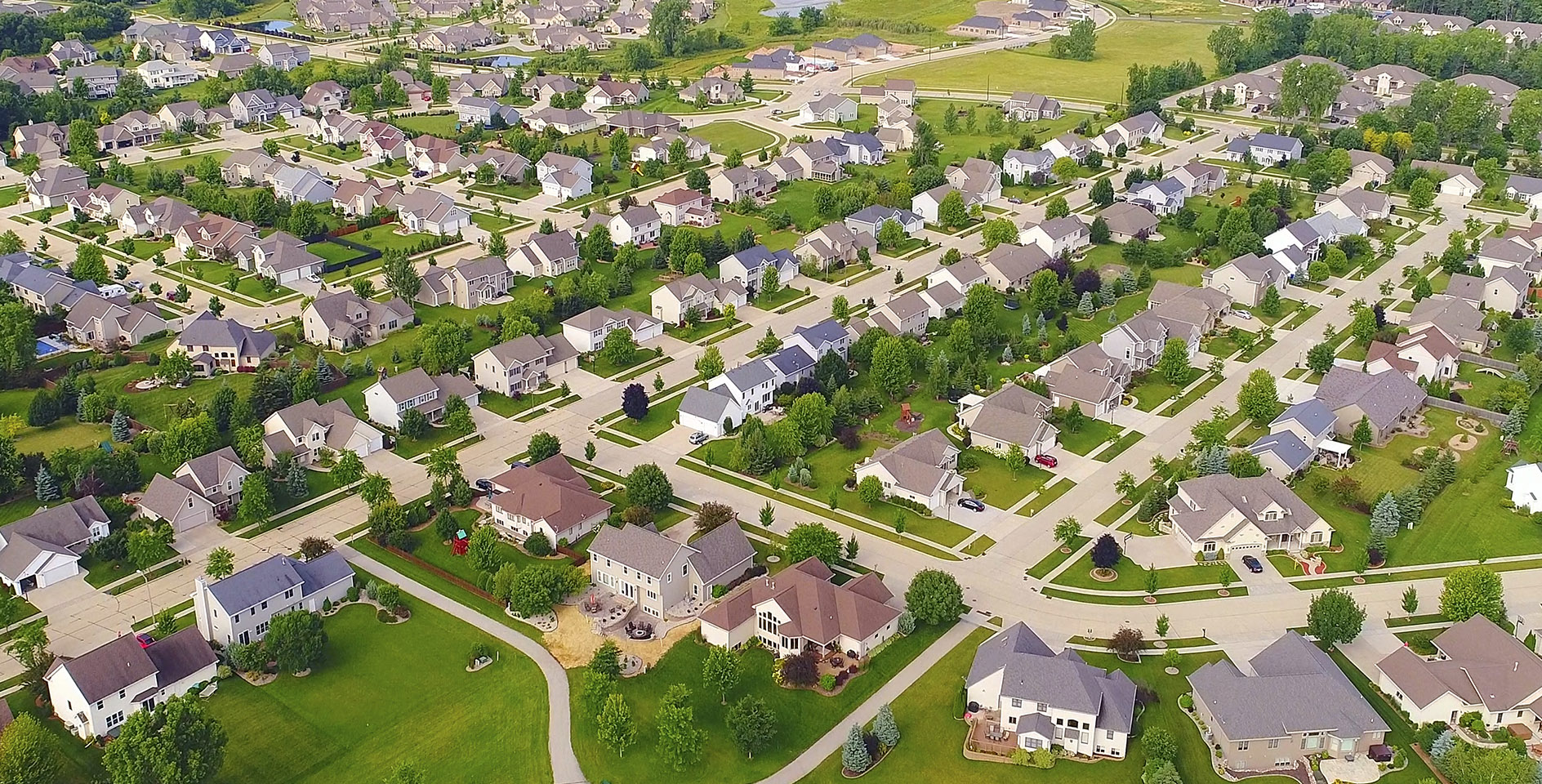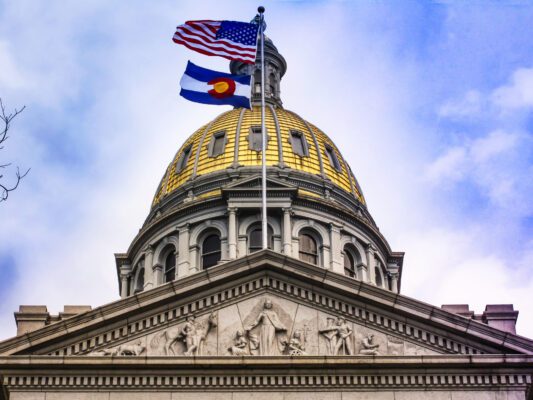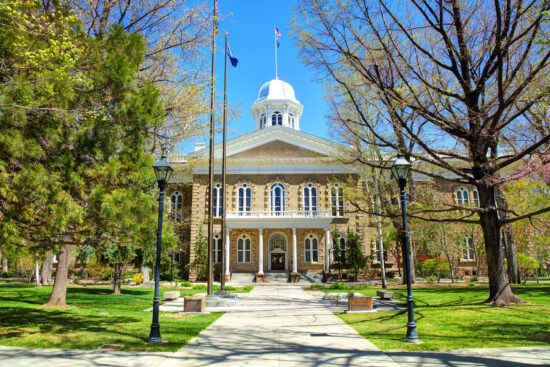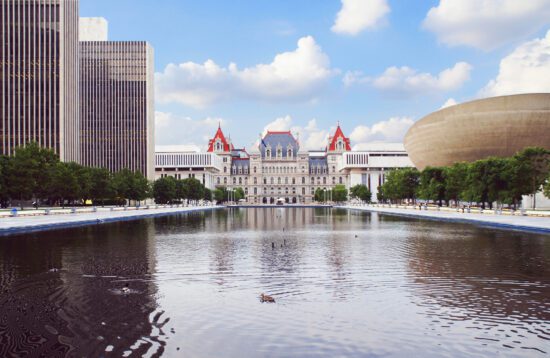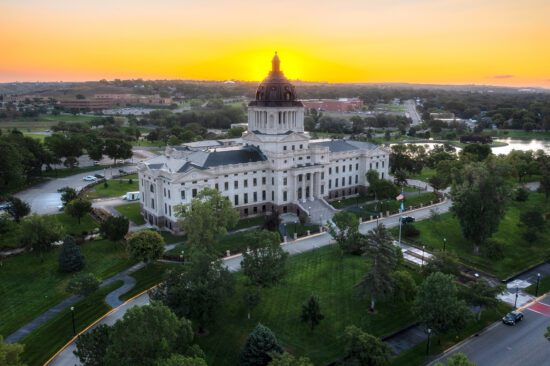Shalom is the word we reach for to talk about justice, mercy, and the God-honoring relationship between people, places, and things. It’s the interconnectedness that we long for; it’s the satiation of desire and longing; it’s the proper relationship between earth, humankind, and our work. Our word shalom points to the acceptance, unity, peace, flourishing, and rightness of the created order that God originally intended and to which we are moving.
What would it look like for the suburbs to flourish, to experience shalom? Suburbs are built on the premise of safety, comfort, and insulation. But safety is more than that—it’s security that is deeper.
Experiencing shalom, suburbs would evidence strong marriages and stalwart communities. Children would be safe and free, and yet live for more than the latest gadget or what they could acquire. Imagine children growing up in safety, but not a safety borne from walling out others who aren’t like us. Imagine people working hard, not for their beach vacation but for the good of the community. Imagine a tight knit community where we valued our particularities and differences, we knew each other’s names, and we saw needs and sought to meet them. Imagine homes flung open in hospitality, not traded in for bigger and better.
Imagine a community where it was safe to be broken, where kindness was the first word, where privilege and affluence bred generosity, justice, and humility not simply for that community’s sake but for the communities around it. Wouldn’t that be a revolution in the suburbs?
Then imagine how the church is called to hold out the hope of the gospel and live it out in your suburb. Here’s one small way our church is beginning to dream about meeting the deep need for safety in our community: we’re brainstorming how to mobilize the gifts and knowledge of our people to offer free community classes on parenting in which we engage the culture of affluence, the influence of technology, and how parents can stay connected to their children in a culture of busyness.
We hope that we’ll be able to start discussions about how safety and success shouldn’t be turned inward: instead, families would use safety and socioeconomic and racial privilege to move outward—to bring others in, create friendships, and use their power and authority not to puff themselves up but to actually help create a culture of flourishing for all people.
Paper birds and pain
Opening up space for lament is one way we can work toward shalom in the suburbs. This is the lesson I learned from my son, Porter, one spring morning. He called me out to our suburban patio, and with a joyful gesture he pointed out how he’d spied our mama bird up on the house next to ours. She had made a nest in a little pot on our patio; even strewn with weeds it had held her eggs for three seasons. I wondered why she wasn’t watching over her eggs. I turned to look at our pots we’d just cleaned up yesterday in a Saturday morning spent weeding. Her pot was missing. My stomach dropped. I got fidgety. Where was the pot? Where were her babies?
I went to the source, and when I could bear to peek, I peered into the trash can. There the nest was nestled in the bottom of the green bin. There were no more eggs. I stomped like a two-year-old, I slammed doors, I ugly cried. I hugged my husband and then pushed him away. I couldn’t contain the sadness. I wanted to run forever. Then came the guttural sounds inches from my bedroom floor, echoes of the ones that had reverberated over a toilet I sat on a dozen years ago: “No! No! No! No! Not another baby lost!”
Meanwhile, my son Porter rushed to the couch, scissors in hand. I ran and collapsed on my bedroom floor, no words for the pain. A few minutes later, my son presented me with his gifts. He took to paper and scissors when he saw ache, loss, and how broken the world is. He cut out and drew a mama bird and then a baby bird coming out of an egg—paper gifts handed to me with his outturned lip. He proceeded to create a bird family and unbroken paper eggs, and a baby bird that looked like a phoenix rising from the ashes. He dove right into my pain, anger, and confusion, and created art.
That is shalom. He saw pain and dove into its cracks, pointing me to something better, something that communicated deep sadness with a hint of redemption at its edges. Shalom in the suburbs dives into pain and makes paper birds.
Knowing our neighbors’ pain
Pain may look different in suburbia than homelessness, hunger, and insufficient resources, although those are there too. It looks like crippling debt behind closed doors. It looks like hidden poverty. It looks like microaggressions when you don’t fit a dominant racial, ethnic, or socioeconomic mainstream. It looks like windows closed so wives and husbands can vent their rage. It looks like disconnection and emotional vacancy. It can even be an anesthetized version of safety, peace, and security when underneath we are not really living life. It looks like an outward presentation of manicured lawns while our souls grow lazy with our consumption, pride, and greed.
We have to know our neighbors and our own hearts well enough to ask hard questions and draw people out of hiding. We must practice vulnerably sharing our failures first and the goodness of Yahweh-Shalom to redeem our failures—to call us men and women of valor, even when we’re hiding out.
Be purposeful in your place
Be purposeful in your place: whether you move to a needier spot in your suburb or commit to staying put, or even keep an old car. As agents of shalom, we dig our hands in: we build houses and plant gardens. We commit to lives of vulnerability and hospitality—not to “bigger is better”—because Jesus did that. We say yes for the long haul to a particular people and place. When we attach ourselves to a place, writes Kathleen Norris, we “surrender to it, and suffer with it.” That means that, yes, we suffer with the suburb’s idols and idiosyncrasies.
But we also hold out hope for a life of abundance that isn’t defined by working harder. It means we can exhibit the shalom of God in our contentment and help others get off the moving walkway of hustling for their worthiness. We do this in countless small ways. We invite people into our homes. We engage difference with compassion and questions, not condescension. We ask for eyes to see all the ways our affluence blinds us.
Then we take one small step. I easily get overwhelmed with the state of racial, social, and economic injustice, and I feel powerless to change anything. The call to be radical and world-changing can stifle any small ways we work out shalom in our neighborhoods. But, it must be said, these acts of kindness may be how shalom in the suburbs starts. Acts of kindness are not the sum and substance of shalom, but they may be one baby step we take to begin to see others. We must start small and start somewhere if we’re not going to be overwhelmed and do nothing.
Conclusion
As you create habits of smaller “acts of kindness”—as you sit down to family dinner more often than not, as you open up your home to neighbors and neighborhood children, as you donate your time and money, as you dream with others about what your suburb would look like redeemed—your vision extends. We begin to see those on the margins. We see the homeless man who we’ve been driving by. We see the person of color who steps into our white church and we make an effort to offer welcome. We ask, Who’s excluded because of their race, or who has no access because of their class, gender, or ability? Who isn’t seen because they don’t look right, sound right, or have the right education or house? Then, as we embody and practice the welcome of Christ, we don’t just react to those on the margins, but we learn to move toward the marginalized, the broken, and the invisible.
The call to the suburban Christian is to wake up. And if God isn’t calling you elsewhere, we stay put. We start small. We don’t settle for the absence of conflict as an indication of peace. We instead seek the flourishing of our place and all the people—prominent and invisible—who are our neighbors.
Adapted from Finding Holy in the Suburbs by Ashley Hales. Copyright (c) 2018 by Ashley Hales. Published by InterVarsity Press, Downers Grove, IL. www.ivpress.com



